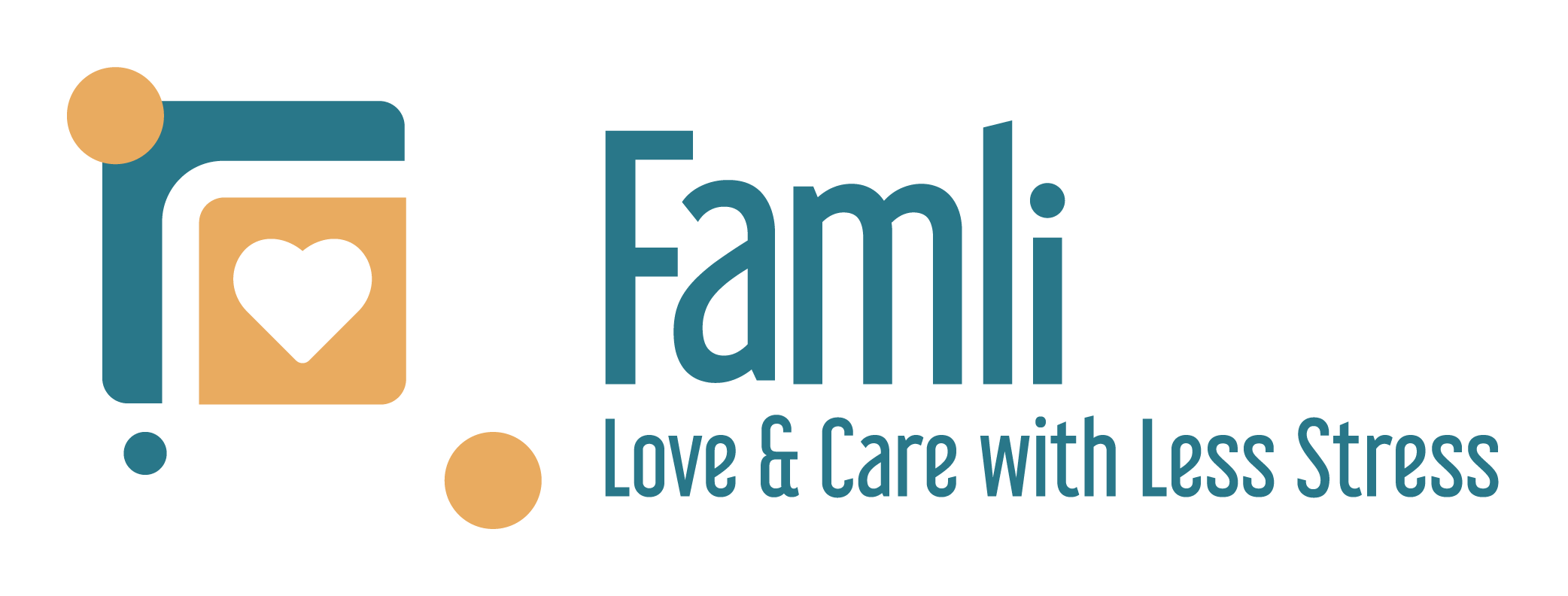
Ease Stress Now!
App Sign UpEase Stress Now!
App Sign UpAs a family caregiver, you are likely aware of the importance of estate planning. Estate planning is more than just making a will; it involves planning for the future of your assets and ensuring your family’s financial stability after your passing. However, the thought of estate planning can be overwhelming and stressful. In this blog post, we will discuss the basic estate planning principles you should take into consideration to successfully plan your legacy.
The first step in estate planning is to take inventory of your assets. A complete list of your assets should include your bank accounts, investment accounts, retirement plans, property, and insurance policies. Once you have a fully updated inventory list, you can designate beneficiaries for each asset and start to organize your estate plan.
Another aspect to consider is choosing an executor for your estate. An executor is responsible for managing your estate, paying debts, and distributing your assets according to your plan. It is important to choose someone trustworthy and organized to handle this responsibility and ensure your wishes are carried out.
In addition, estate planning also includes naming a guardian for minor children, if applicable, and appointing a healthcare proxy, who is responsible for making medical decisions on your behalf if you are unable to make them yourself.
It is also important to review and update your estate plan regularly. Life changes such as marriage, birth, death, divorce, or job changes could require you to update your plan. Further, changes to tax laws could impact your estate, making it essential to seek professional advice on how to adjust your plan accordingly.
Finally, always keep important documents such as your will, power of attorney, healthcare directive, and insurance policies in a secure location where they can be easily accessible to your loved ones in time of need.
Conclusion:
Creating an estate plan can be overwhelming, but it is an essential step towards ensuring that your loved ones will be taken care of after your passing. By taking the time to create a plan, you can ensure that your assets are distributed according to your wishes and that your family is financially protected. Remember, estate planning is not a one-time event but a continuous process that should be reviewed and updated on a regular basis. Consult with a professional to create a plan that truly reflects your legacy.
FamliCare is committed to protecting and respecting your privacy. Agreeing to receive our monthly newsletter is consent to receive email about our products and services. For information on how to unsubscribe from emails, our privacy practices, and how we protect your information click here